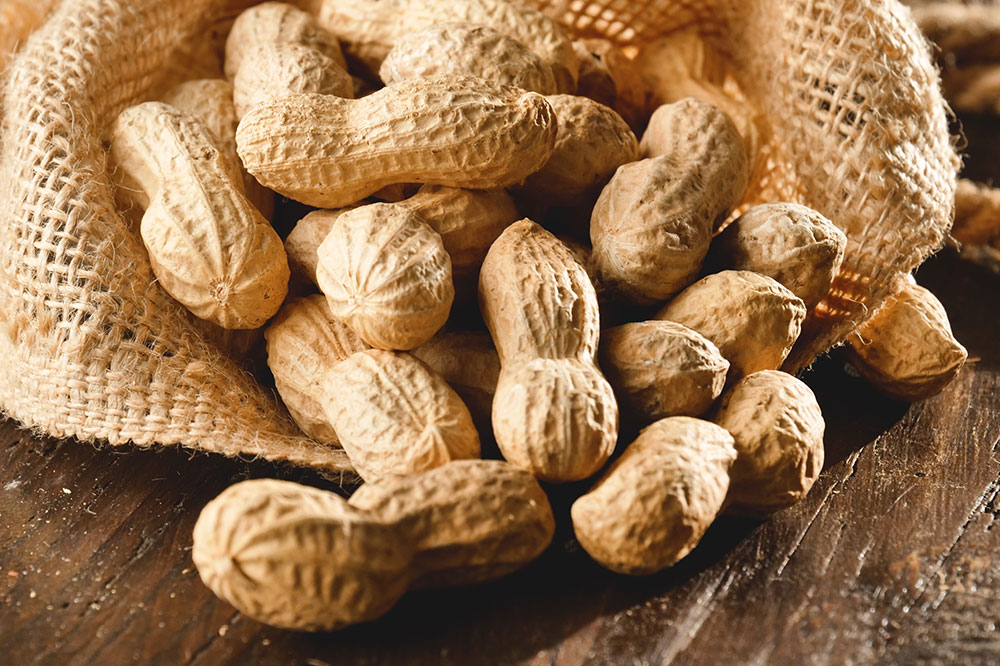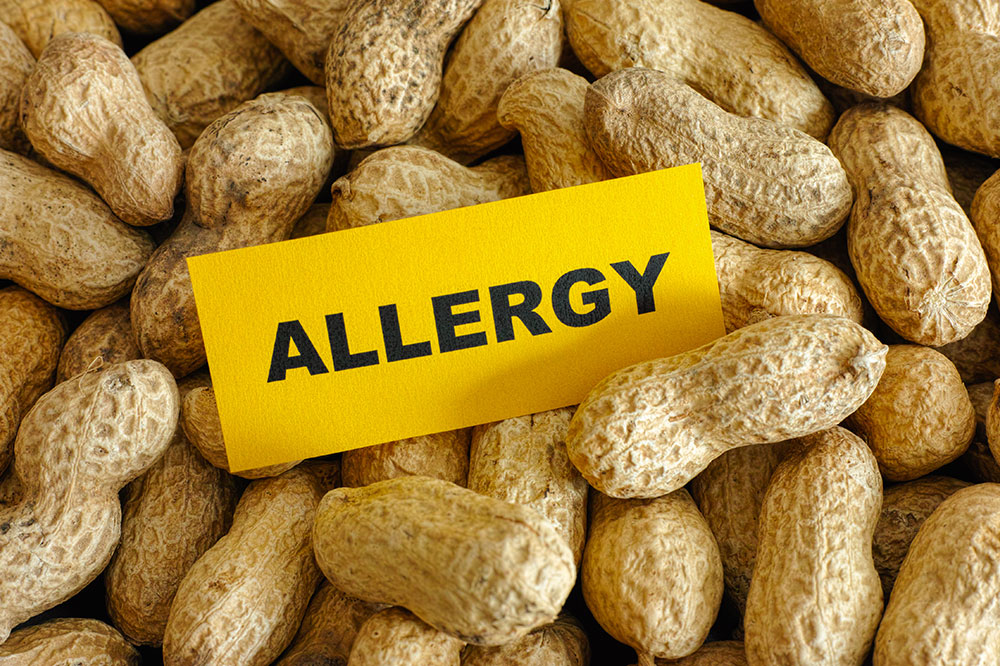Common Food Allergies: Symptoms and Management Tips
This article explores common food allergies such as peanuts, shellfish, wheat, milk, and soy. It details symptoms, risks, and management strategies, including immunotherapy options like oral and sublingual treatments to help individuals better manage allergies and prevent severe reactions.

Understanding Food Allergies and Their Indicators
Food allergies are immune system overreactions to usually harmless foods such as nuts, seafood, dairy, wheat, and soy. These allergic reactions are common and affect many people’s daily lives. Early diagnosis and consultation with healthcare professionals are vital for effective management. Allergies can develop at any age. Here are some of the most common food allergies along with their typical symptoms.
Key Food Allergens
Peanuts
Peanut allergies are among the most prevalent. Reactions often include skin rashes, hives, and throat swelling. In severe cases, anaphylaxis can occur. Many people develop this allergy early, making medical supervision essential for proper care.
Shellfish
Proteins like tropomyosin found in shellfish such as lobsters, shrimps, scallops, and crayfish can trigger allergic responses including hives, swelling, vomiting, and rashes. Since there is no cure, avoiding shellfish completely is the best preventive measure.
Wheat
Wheat contains several allergenic proteins, with gluten being the most notable. Reactions usually involve rashes and swelling, mainly in children. While some grow out of this allergy, others need to avoid wheat entirely.
Milk
Lactose intolerance is common, but true milk allergies can cause digestive problems and sometimes life-threatening reactions like anaphylaxis. Eliminating dairy products from the diet is a primary treatment approach.
Soy
Soy allergies are often identified in infants and young children. Symptoms include itchy mouths, wheezing, and nasal congestion. Many children outgrow soy allergies, but some may experience severe reactions, including anaphylaxis.
Several treatments help manage allergic responses:
Oral Immunotherapy
Involves giving small doses of allergens like peanut powder (e.g., Palforzia) to build tolerance.
Sublingual Immunotherapy
Includes placing peanut protein drops under the tongue for a few minutes daily to promote desensitization.


